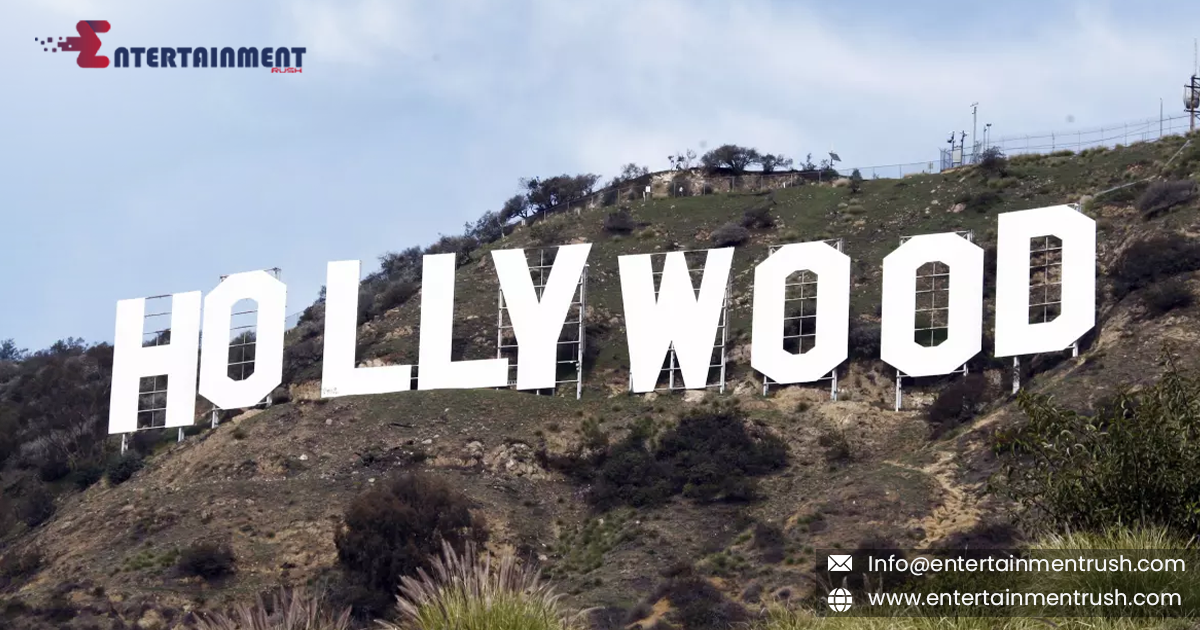Already grappling with existential challenges and a shifting business model, Hollywood faces a new layer of uncertainty as the Trump administration gears up for its next term. While President-elect Trump has yet to announce specific plans targeting the entertainment industry, analysts warn that his proposed policies, such as increased global tariffs and potential retaliation against certain companies, could unsettle Los Angeles’ core industry.
“If I were wealthy today, I would not be buying stock in the entertainment world,” commented Stephen Galloway, Dean of Chapman University’s Dodge College of Film and Media Arts. “There’s going to be a lot of turbulence.”
On the state level, California Governor Gavin Newsom recently proposed raising the cap on state film and TV tax credits to $750 million, a significant increase from the current $330 million. He and other advocates have called for federal support to help the U.S. stay competitive in global film production. However, support from Trump appears unlikely, especially given Hollywood’s strong Democratic leanings and his strained relationship with California.
Hollywood’s political ties have further complicated matters. Many industry leaders and stars were vocal in their support for Democratic nominee Kamala Harris, providing both endorsements and financial contributions. While some executives attempted to stay neutral, others, like Warner Bros. Discovery’s CEO David Zaslav, advocated for leadership that supports consolidation within the industry, an approach that aligns with the expansion goals of large entertainment conglomerates.
The Motion Picture Association, which represents major studios, congratulated Trump and the incoming Congress, expressing hope for collaboration on issues impacting the film, TV, and streaming sectors. With over 2.7 million jobs tied to the entertainment industry across the U.S., such engagement could prove vital as Hollywood navigates potentially choppy waters under a Trump administration.
Analysts also foresee challenges if a trade war escalates, particularly with China. Tariffs or outright bans on American films and TV shows in key markets could exacerbate the current struggles of the global distribution sector. Kevin Klowden, executive director of the Milken finance institute, noted that Trump’s history of retaliation against media outlets critical of him adds a layer of unpredictability. During his first term, Trump even called for CBS’s broadcast license to be revoked after an interview with Harris on “60 Minutes” aired.
Furthermore, films or shows that portray Trump negatively might attract his attention and potential backlash, putting added pressure on media and entertainment giants. Some industry insiders recall Disney’s high-profile clash with Florida Governor Ron DeSantis over the “Don’t Say Gay” legislation as a possible forewarning of future conflicts.
Even as traditional studios brace for potential challenges, conservative media companies may stand to gain. News Corp. and Fox Corp., both associated with the Murdoch family and popular among Trump supporters, could experience a surge in influence and reach.
Hollywood’s evolving role in this new era will undoubtedly carry both risks and opportunities. Once home to smaller, independent studios, the industry has grown into a global network of corporations where one policy decision can ripple across numerous subsidiaries. Hollywood must tread carefully as it finds itself at the crossroads of politics and media, navigating a shifting landscape with both its business and values on the line.
